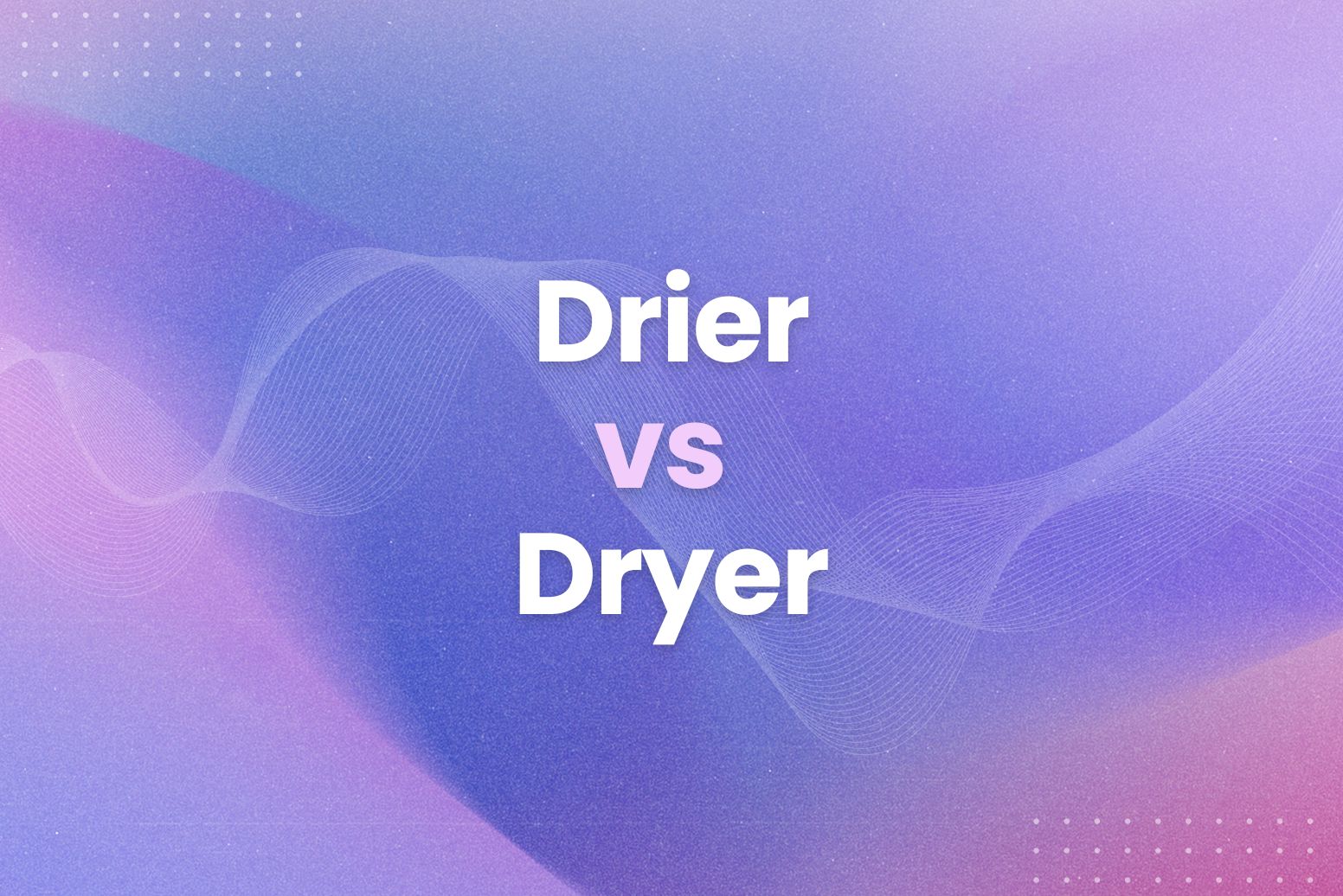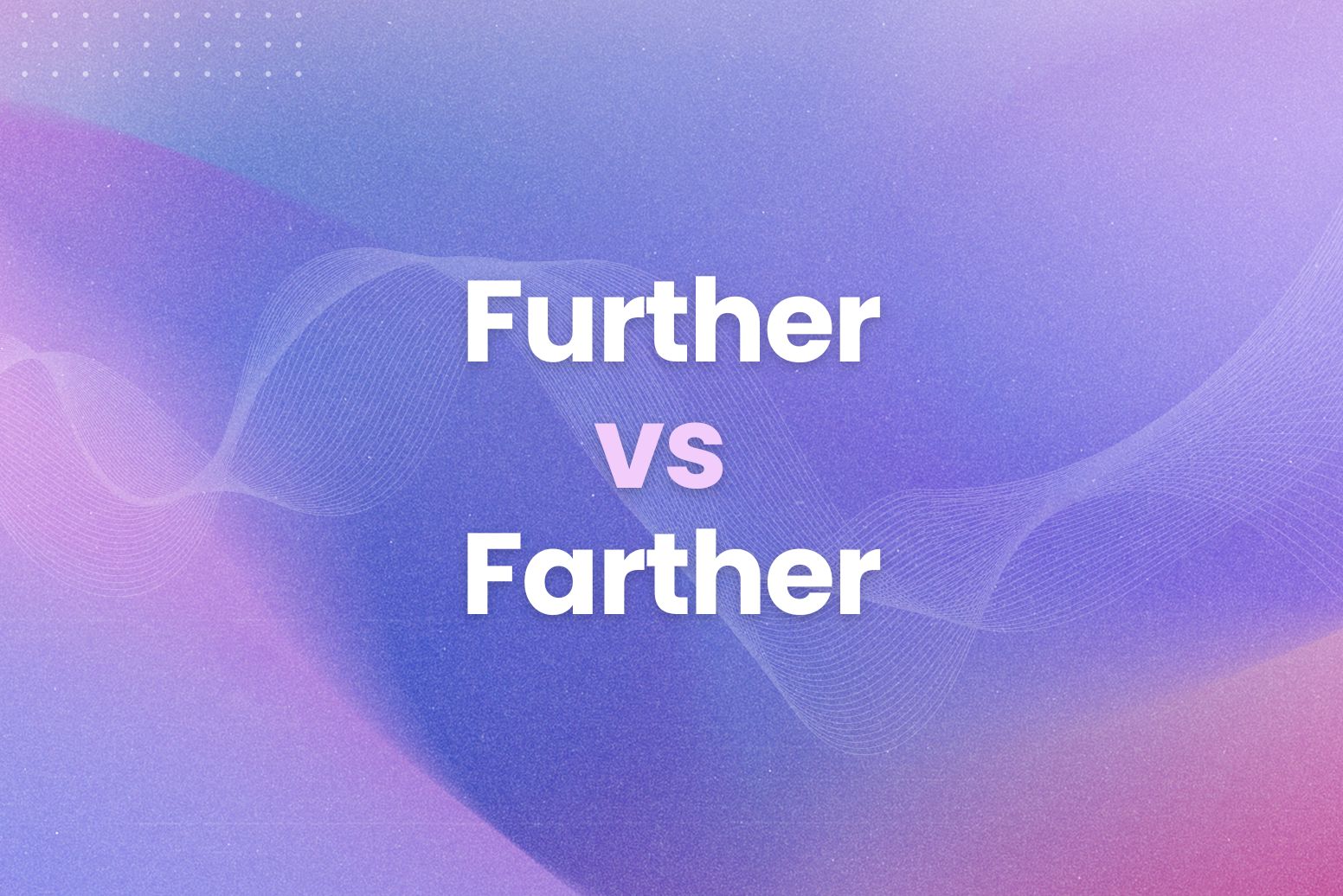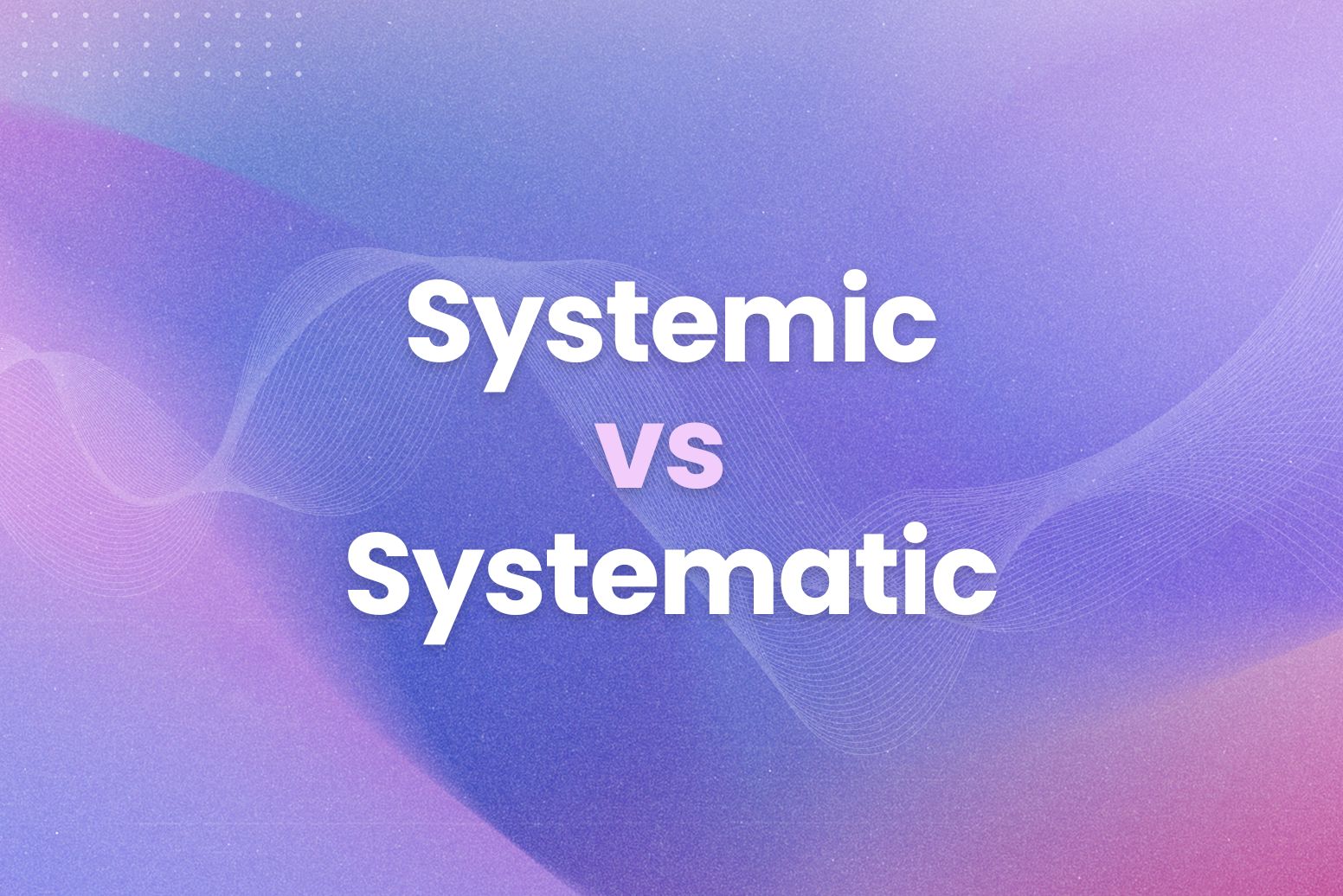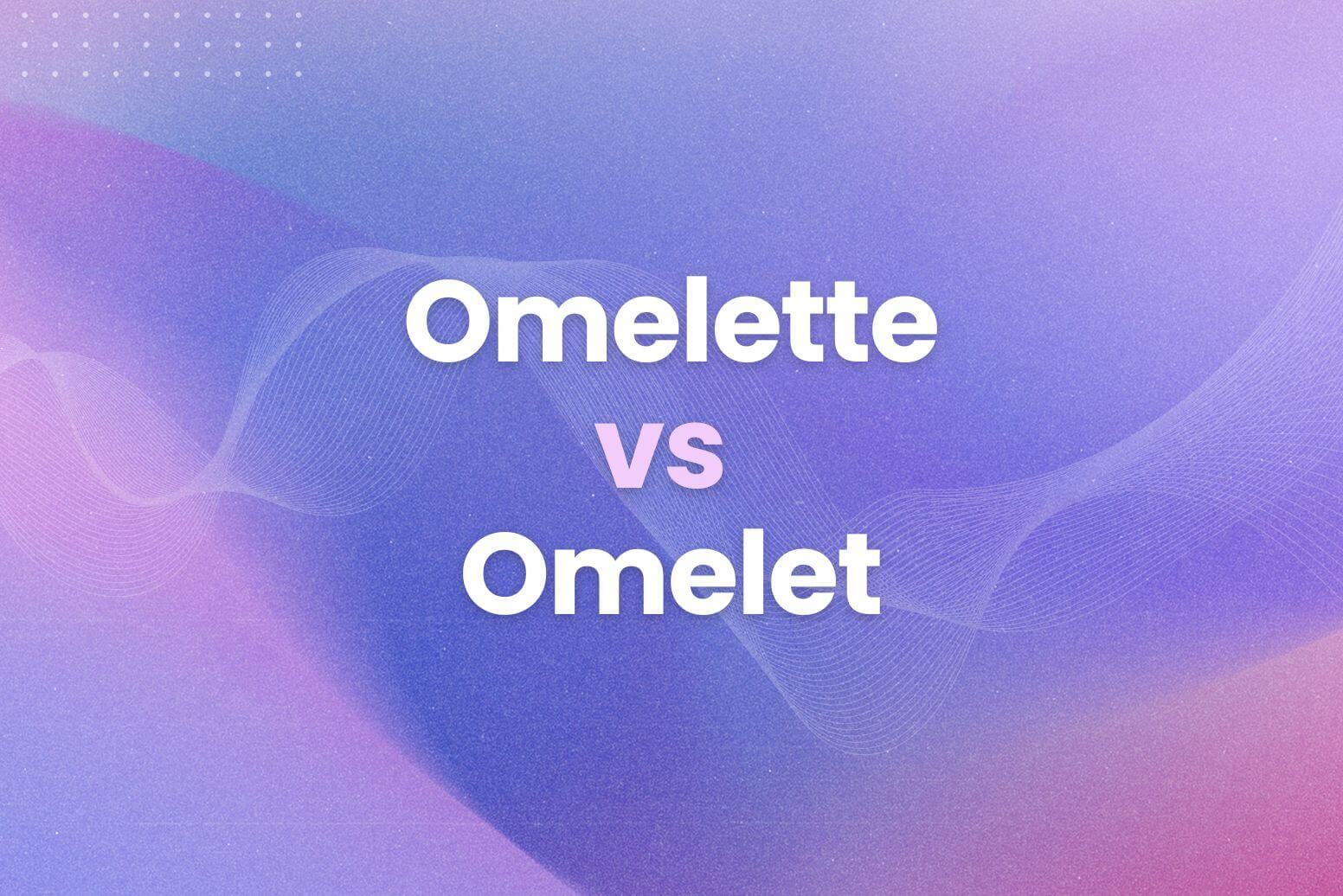Grammar can be tricky. Even seasoned writers sometimes stumble over seemingly simple words. Take drier or dryer, for instance. These two words, though similar, have distinct meanings and uses. Getting them mixed up can lead to awkward phrasing and even miscommunication.
This guide is here to clear up the confusion. We’ll break down the difference between “drier” and “dryer” and explain common misspellings. And also give you tips to avoid these errors. In short, we’ll make sure you never mix these up again.
Here’s what we’ll cover:
- The difference between drier or dryer.
- Common misspellings and how to avoid them.
- Memory tricks to remember the correct usage.
Let’s get started.
Drier or Dryer: What’s the Difference?
So, what’s the deal with drier and dryer? They sound almost identical, but they aren’t interchangeable. In short, drier is a comparative adjective, while dryer is a noun. That is to say, they serve different grammatical functions.
- Firstly, let’s look at drier. We use drier when comparing the dryness of two things. For example, “This towel is drier than that one.” Similarly, we might say, “The weather today is drier than yesterday.” In other words, drier describes a state of being more dry.
- Secondly, dryer refers to a thing or device that removes moisture. For instance, a clothes dryer removes water from clothes. Likewise, a hair dryer dries your hair. To clarify, it’s a physical object.
Therefore, remember this simple rule: if you’re comparing dryness, use drier. If you’re talking about a machine, use dryer. Consequently, this distinction is crucial for clear communication.
Common Misspellings of Drier or Dryer and How to Avoid Them
Now, let’s talk about common misspellings. Many people mix up drier and dryer. This is understandable. After all, they’re very similar. However, avoiding these errors is important for professional writing.
- Firstly, a common mistake is using dryer when you mean drier. For example, someone might write, “Today is dryer than yesterday,” when they should write, “Today is drier than yesterday.” In other words, they’re using a noun when they need an adjective.
- Secondly, people sometimes simply misspell both words. For instance, they might write “dryer” or “dryer.” These are simply typos. Consequently, careful proofreading is essential.
To clarify, here’s a helpful tip: remember that er endings on adjectives often indicate comparison (like taller, smaller, faster). Therefore, if you’re comparing dryness, drier is your word. In contrast, if you’re talking about the machine, it’s dryer.
Moreover, using a tool like Arvin can be invaluable. Arvin, our AI-powered browser extension, can instantly check your grammar on any webpage. For example, if you’re writing an email or a report, Arvin can flag these errors in real-time. As a result, you can catch mistakes before they slip through. In addition, Arvin also offers writing, image generation, reading, and translating features.
Examples: Putting It All Together
Let’s solidify your understanding with some clear examples. This will help you see how drier and dryer function in real sentences. After all, seeing words in context is crucial for grasping their meaning.
Firstly, let’s look at drier:
- “The desert air is much drier than the humid air near the coast.” Here, we’re comparing the humidity levels of two locations.
- “After a few hours in the sun, the clothes were considerably drier.” This sentence compares the state of the clothes before and after being in the sun.
- “This new dehumidifier makes the air in the basement drier.” In this case, the dehumidifier’s effect is being compared to the previous humidity level.
Secondly, let’s examine dryer:
- “I put my wet clothes into the dryer.” This sentence refers to a machine.
- “She used a hair dryer to style her hair.” This example also refers to a specific appliance.
- “The laundry room has a washer and a dryer.” Here, dryer is part of a list of appliances.
Moreover, consider this: you wouldn’t say, “I put my clothes into the drier.” That just doesn’t make sense. Similarly, you wouldn’t say, “The weather is dryer than yesterday,” unless you’re referring to some sort of weather-altering machine.
Memory Tricks for Correct Usage
Finally, let’s explore some simple memory tricks. These will help you remember the difference between drier and dryer once and for all. After all, a little mnemonic device can go a long way.
- Firstly, think of drier as relating to air. Drier air, drier climate, etc. In other words, if you’re talking about the atmosphere or a condition, drier is likely the word you need.
- Secondly, picture a dryer as a device or appliance. A clothes dryer, a hair dryer—these are physical objects. Therefore, if you can plug it in, it’s probably a dryer.
- Moreover, consider the –er ending. As mentioned earlier, –er often signals comparison (bigger, smaller, faster). Therefore, drier, the comparative adjective, follows this pattern. In contrast, dryer, the noun, does not.
Furthermore, if you’re still struggling, try this: substitute the word you’re unsure about with a similar word you do know. For example, if you’re writing, “This towel is drier than that one,” try replacing drier with wetter. Does “This towel is wetter than that one” make sense? If so, then drier is likely correct.
Ready to Nail Your Grammar with Arvin?
We’ve covered a lot about drier and dryer. From their distinct definitions to common misspellings and handy memory tricks, you now have the tools to confidently use these words. Remember, drier compares dryness, while dryer is a machine. Therefore, with a little practice, you’ll master this tricky pair in no time.
Here are the key takeaways:
- Drier is a comparative adjective.
- Dryer is a noun referring to a device.
- Remember the –er comparison rule.
- Think of drier as relating to air and dryer as a device.
Now, imagine having a grammar expert readily available on any webpage you visit. With Arvin, you do. Arvin, our AI-powered browser extension, checks your grammar in real-time, ensuring you never mix up drier and dryer again. So, whether you’re writing an important email, a blog post, or even a quick social media update, Arvin is there to help you nail your grammar.
FAQs
Is it dryer or drier?
It depends on the context. If you’re comparing the dryness of two things, use drier. For example, “This climate is drier than that one.” However, if you’re referring to a machine, use dryer. For instance, “I use a hair dryer.” In short, comparison = drier; machine = dryer.
Is it hand dryer or drier?
It’s hand dryer. Since it’s a machine designed to dry hands, dryer is the correct term. Therefore, you’ll find hand dryers in public restrooms.
Is it drier or more dry?
Drier is generally preferred. It’s the standard comparative form of the adjective dry. While “more dry” isn’t grammatically incorrect, it sounds a bit clunky. Therefore, drier is the more concise and natural choice.
How do you spell drier in the UK?
The spelling of drier remains the same in both US and UK English. Therefore, there’s no need to worry about different spellings across the pond.






